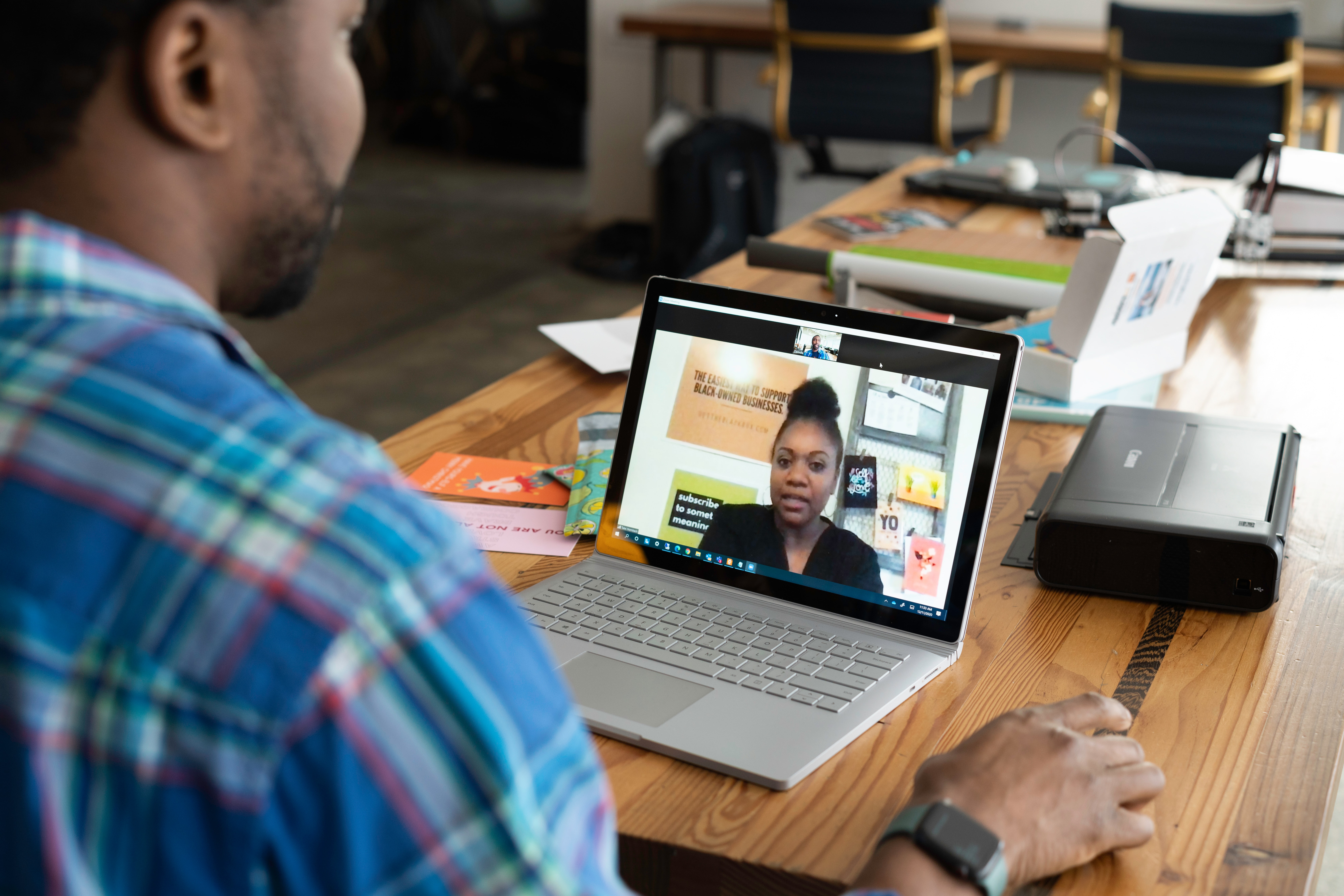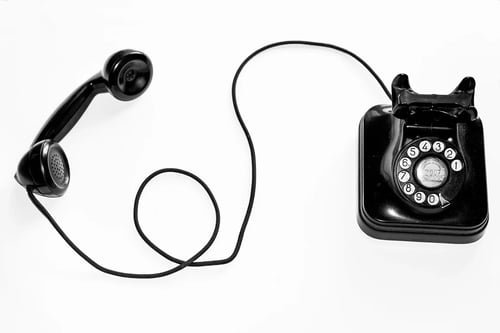
Seven top tips to make your good in-home interviews great
In-home interviews do exactly what you’d expect them to: they consist of asking your participants questions from the comfort of their own homes. They remain a firm favourite in the world of qualitative market research because they’re a fantastic way of asking specific questions whilst at the same time being able to monitor non-verbal cues - but due to their very nature, they can take a fair bit of time to organise. That’s why it’s so important to make sure your in-home interviews are worth the effort.
Below are our top tips for making the most out of this methodology and ensuring your next interview isn’t just good - it’s great.

1. It’s all about logistics
When it comes to successful in-home interviews it’s all about the logistics. You need to make sure your participants have all the information they need at their fingertips: have you scheduled reminder emails? How about a reminder call the day before the interview? Or even a text message on the morning to make sure everything is still going ahead? The point is, you should never leave anything to chance and your participants should never have a reason to chase you. From confirming their address and knowing exactly how long it will take for you to get there and printing off any materials you need in advance to ensuring they have their proof of ID ready for your arrival, the secret to a great in-home interview is all in the planning.
2. Preparation is key
If you want to get the most out of your research on the day, you need to make sure your participant is as comfortable as possible by giving them as much information as you can beforehand. Try and remember that as much as this methodology is normal for you, having someone come to their house to interview them is anything but natural for them, so they will probably be a little bit anxious about it all. By giving them all the info upfront such as who should be where and when, how long it will take, who will be attending, whether you need access to any technology or even if their children or anyone else is allowed to be in the house at the time, they will undoubtedly feel a lot calmer if they are properly prepared.
3. Go over everything again
Before the interview begins you should always go over everything one more time. Yes, you will have told them everything before, but by reiterating what the interview is for, what you will be discussing and why as well what the research will ultimately be used for, you can give them another chance to ask any questions. This means you can clear up any concerns they might have to ensure they completely understand everything that is happening and why.
4. Create a relaxed atmosphere
As we mentioned above, this is far from a natural situation for your participant, so it’s really important to make them feel as calm and relaxed as you can - after all, they’re not likely to share the insights you need if they’re not feeling comfortable with the situation. From making sure they have a glass of water to ensuring you come across as friendly and approachable, creating a relaxed atmosphere might seem obvious but it can make a world of difference.
5. Don’t participate!
Throughout the entirety of the interview you should remain completely neutral at all times. Think of how a counsellor is with their patients: they ask open ended questions but don’t put the words into their patients’ mouths - and above all they never give their own opinion on anything. The whole point of an interview is to gain as much insight as possible from your participant, so you should focus on asking open-ended questions to draw out insights and take into account their verbal responses and nonverbal cues. Simple yes/no questions just won't cut it, and unfortunately your opinion doesn’t matter. It’s all about the participant, so if they ask you any questions make sure you answer them with another question.
6. Build a rapport
When you take into consideration the fact that you can’t participate, it can be quite tricky to build a rapport with your respondent naturally. However, it’s really important that they still find a way to connect with you as the more they trust you, the more information they will share. Try to think of other ways you can build a rapport without sharing your opinions: make your body language as approachable as possible and make sure you are giving off the right nonverbal cues - think eye contact to show interest rather than crossed arms and a distant gaze. You’d be surprised how many interviewers are so focused on being objective and sticking to the script that they forget to build a relationship with their participants.
7. The one and only
Talking about building a rapport leads us nicely onto our last and most important point: if you want to conduct a great interview rather than a good one, you need to make your participants feel special. Yes, you might well be shattered having raced from one interview to the next all day and they might be your final interview of the day and the only thing standing between you and a nice cup of tea at home, but they don't need to know that. As far as your participant is concerned, they need to feel important, valued and that their opinion truly matters; they should feel as if they have been your only interview of the day. After all, if they don't have your full attention, why should they share their innermost thoughts with you?
In home interviews are a fantastic qualitative market research method that can enable you to gather rich insights and observe non-verbal clues. If you take all the above points into account, your interviews will be a success - and not only that, but both you and your participant will enjoy the experience, too. If you’re thinking about carrying out an in-home interview for your next MR project, don’t forget to download our checklist to conducting successful in-home interviews here.



-Feb-19-2026-09-59-49-0345-AM.png)



-Feb-19-2026-09-59-49-0345-AM.png?width=500&name=Untitled%20design%20(3)-Feb-19-2026-09-59-49-0345-AM.png)






